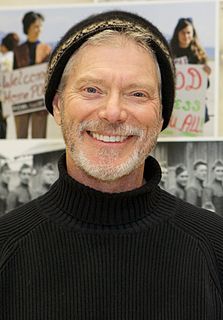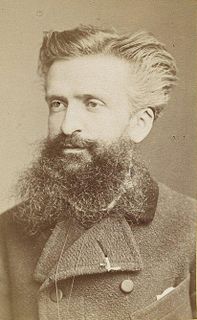A Quote by Francis Ford Coppola
The essence of cinema is editing. It's the combination of what can be extraordinary images of people during emotional moments, or images in a general sense, put together in a kind of alchemy.
Related Quotes
Even with an improperly ground mirror, the Hubble delivered extraordinary images. When the flaw was corrected, the Hubble delivered images of transcendent beauty and value for many years. So too 'Terra Nova.' Even in its flawed first season, each episode was full of marvelous moments and beautiful images.
I am myself a professional creator of images, a film-maker. And then there are the images made by the artists I collect, and I have noticed that the images I create are not so very different from theirs. Such images seem to suggest how I feel about being here, on this planet. And maybe that is why it is so exciting to live with images created by other people, images that either conflict with one's own or demonstrate similarities to them.
Time is of the essence, particularly if we're sending images out on social media. The reality is that the majority of images are only viewed for a few seconds, often on a phone or computer. There are so many images freely available that it takes a lot of will power to concentrate and prolong the gaze on one picture at the expense of the thousands of others waiting to be viewed!
I don't know whether we think in moving images or whether we think in still images. I have a suspicion that on our hard drive, our series within our brains, [exist] still photographs of very important moments in our lives. ... That we think in terms of still images and that what the photography is doing is making direct contact with the human hard drive and recording for all time a sense of what happened.
A crowd thinks in images, and the image itself calls up a series of other images, having no logical connection with the first...A crowd scarcely distinguishes between the subjective and the objective. It accepts as real the images invoked in its mind, though they most often have only a very distant relation with the observed facts....Crowds being only capable of thinking in images are only to be impressed by images.






































